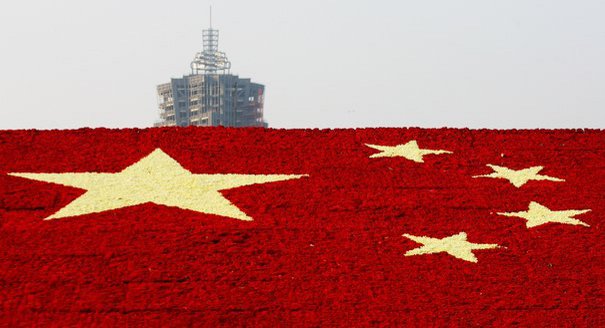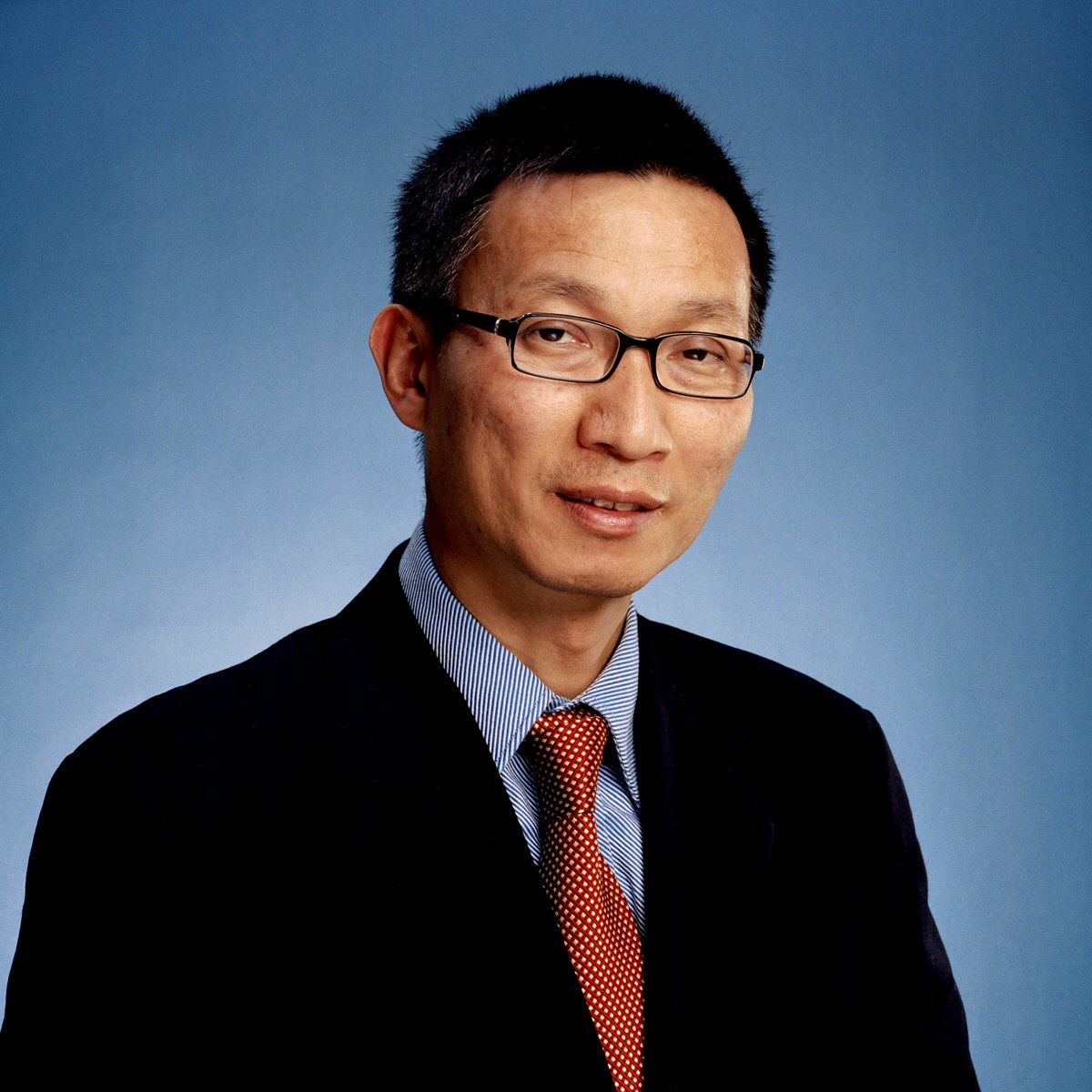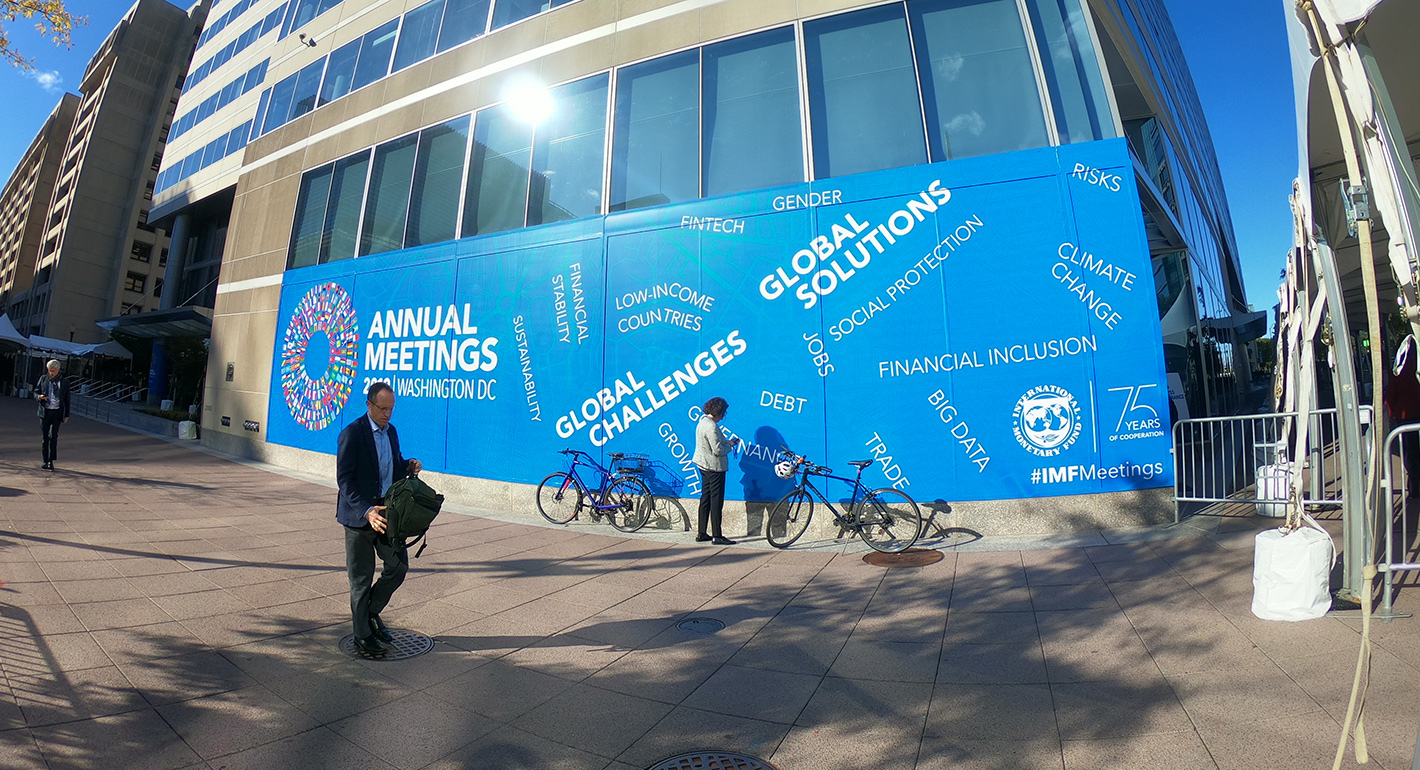Minxin Pei
{
"authors": [
"Minxin Pei"
],
"type": "legacyinthemedia",
"centerAffiliationAll": "dc",
"centers": [
"Carnegie Endowment for International Peace"
],
"collections": [],
"englishNewsletterAll": "asia",
"nonEnglishNewsletterAll": "",
"primaryCenter": "Carnegie Endowment for International Peace",
"programAffiliation": "AP",
"programs": [
"Asia"
],
"projects": [],
"regions": [
"East Asia",
"China"
],
"topics": [
"Political Reform",
"Economy"
]
}
Source: Getty
Will the Chinese Communist Party Survive the Crisis?
China's faltering economic growth is posing the hardest test yet to the resilience of the Chinese Communist Party.
Source: Foreign Affairs

Because of the global economic crisis, however, Beijing is in trouble. The problems are numerous: China's exports are plummeting, tens of millions of migrant laborers have lost their jobs, millions of college graduates cannot find employment, industrial overcapacity is threatening deflation, and the once red-hot real estate sector has nose-dived. The country's faltering growth is posing the hardest test yet to the CCP's resilience.
To be sure, the Chinese economy has fared less badly than many others. The country's insulated banking sector remains largely unscathed. Indeed, the government's fiscal balance sheet is strong enough to fund a $580 billion stimulus package (although only about a quarter represents genuinely new fiscal spending). China's colossal $1.9 trillion in foreign exchange reserves provide a comfortable insurance policy against global financial turmoil, and the country should be able to avoid an outright recession.
But a reduced annual growth rate -- now down to about seven percent from over 11 percent a couple of years ago -- will bring enough trouble. Every year, the Chinese labor market grows by more than ten million workers, the bulk of whom are leaving the countryside for urban areas in search of employment. Each percentage point of GDP growth translates into roughly one million new jobs a year, which means that China needs GDP to rise at least ten percent every year in order to absorb the influx of laborers.
With no end to the global crisis in sight, many are wondering how long China's economic doldrums will last and what the political impact of stagnation will be. The conventional wisdom is that low growth will erode the party's political legitimacy and fuel social unrest as jobless migrants and college graduates vent their frustrations through riots and protests. Although this forecast is not necessarily wrong, it is incomplete.
Strong economic performance has been the single most important source of legitimacy for the CCP, so prolonged economic stagnation carries the danger of disenchanting a growing middle class that was lulled into political apathy by the prosperity of the post-Tiananmen years. And economic policies that favor the rich have already alienated industrial workers and rural peasants, formerly the social base of the party. Even in recent boom years, grass-roots unrest has been high, with close to 90,000 riots, strikes, demonstrations, and collective protests reported annually. Such frustrations will only intensify in hard times.
It might seem reasonable to expect that challenges from the disaffected urban middle class, frustrated college graduates, and unemployed migrants will constitute the principal threat to the party's rule. If those groups were in fact to band together in a powerful coalition, then the world's longest-ruling party would indeed be in deep trouble. But that is not going to happen. Such a revolutionary scenario overlooks two critical forces blocking political change in China and similar authoritarian political systems: the regime's capacity for repression and the unity among the elite.
Economic crisis and social unrest may make it tougher for the CCP to govern, but they will not loosen the party's hold on power. A glance at countries such as Zimbabwe, North Korea, Cuba, and Burma shows that a relatively unified elite in control of the military and police can cling to power through brutal force, even in the face of abysmal economic failure. Disunity within the ruling elite, on the other hand, weakens the regime's repressive capacity and usually spells the rulers' doom.
The CCP has already demonstrated its remarkable ability to contain and suppress chronic social protest and small-scale dissident movements. The regime maintains the People's Armed Police, a well-trained and well-equipped anti-riot force of 250,000. In addition, China's secret police are among the most capable in the world and are augmented by a vast network of informers. And although the Internet may have made control of information more difficult, Chinese censors can still react quickly and thoroughly to end the dissemination of dangerous news.
Since the Tiananmen crackdown, the Chinese government has greatly refined its repressive capabilities. Responding to tens of thousands of riots each year has made Chinese law enforcement the most experienced in the world at crowd control and dispersion. Chinese state security services have applied the tactic of "political decapitation" to great effect, quickly arresting protest leaders and leaving their followers disorganized, demoralized, and impotent. If worsening economic conditions lead to a potentially explosive political situation, the party will stick to these tried-and-true practices to ward off any organized movement against the regime.
If popular unrest is not a true threat to the party's continued rule, then what is? The answer could likely be disunity among the country's elite. Those who talk of China's "authoritarian resilience" consider elite unity to be one of the CCP's most significant achievements in recent decades, citing as evidence technocratic dominance, a lack of ideological disputes, the creation of standardized procedures for the promotion and retirement of high officials, and the relatively smooth leadership succession from Jiang Zemin to Hu Jintao.
But there are reasons to remain skeptical of such apparent harmony -- arrangements of power that are struck in times of economic prosperity often come undone when crisis hits.
The current Chinese leadership is a delicately balanced coalition of regional, factional, and institutional interests, which makes it vulnerable to dissension. To most Western eyes, China is blessed with strong, capable, and decisive leaders. But to the Chinese leaders themselves, the situation looks somewhat different. Their resumés are remarkably similar, as are their records as administrators. No single individual towers above the others in terms of demonstrated leadership, vision, or performance -- which means that no one is beyond challenge, and the stage is set for jockeying for preeminence.
So far, the real glue that has held the CCP together is a vast patronage system that has been underwritten by a long period of economic growth. The regime has used its financial resources to balance domestic interests, satisfy different constituencies, and purchase the contingent support of China's social elites. But this patronage system is extremely expensive -- administrative expenses alone consume more than 20 percent of China's government budget, and over 40 percent of China's GDP comes from fixed-asset investments such as factories and warehouses -- a sector that is state-dominated and stuffed with pork. In other words, China's nonideological ruling elites have stuck with the party because it has been paying them off. But when economic hardship ends the easy handouts, the elites' support and loyalty to the system can no longer be taken for granted.
Rising social discontent may not be enough to force the party out of power, but it might be sufficient to tempt some members of the elite to exploit the situation to their own political advantage. Such political entrepreneurs could use populist appeals to weaken their rivals and, in the process, open up divisions within the party's seemingly unified upper ranks.
Any of these sources of elite dissension could lead to confusion and turmoil within the Chinese state's repressive apparatus, rendering it less capable of containing social instability and thus creating a vicious cycle of events that could result in progressive destabilization.
Does this mean the CCP's rule is doomed? Not yet. The government has weathered the early stages of the crisis successfully, and even tensions within its upper ranks might yield something less than regime change. But as the economic slowdown continues, some political impact in China is likely -- and any change is apt to come from the top rather than the bottom.
About the Author

Former Adjunct Senior Associate, Asia Program
Pei is Tom and Margot Pritzker ‘72 Professor of Government and the director of the Keck Center for International and Strategic Studies at Claremont McKenna College.
- How China Can Avoid the Next ConflictIn The Media
- Small ChangeIn The Media
Minxin Pei
Recent Work
Carnegie does not take institutional positions on public policy issues; the views represented herein are those of the author(s) and do not necessarily reflect the views of Carnegie, its staff, or its trustees.
More Work from Carnegie Endowment for International Peace
- Beijing Doesn’t Think Like Washington—and the Iran Conflict Shows WhyCommentary
Arguing that Chinese policy is hung on alliances—with imputations of obligation—misses the point.
Evan A. Feigenbaum
- A China Financial Markets PostCommentary
Description of the post.
Michael Pettis
- The Kremlin Is Destroying Its Own System of Coerced VotingCommentary
The use of technology to mobilize Russians to vote—a system tied to the relative material well-being of the electorate, its high dependence on the state, and a far-reaching system of digital control—is breaking down.
Andrey Pertsev
- China Is Worried About AI Companions. Here’s What It’s Doing About Them.Article
A new draft regulation on “anthropomorphic AI” could impose significant new compliance burdens on the makers of AI companions and chatbots.
Scott Singer, Matt Sheehan
- Getting Debt Sustainability Analysis Right: Eight Reforms for the Framework for Low-Income CountriesPaper
The pace of change in the global economy suggests that the IMF and World Bank could be ambitious as they review their debt sustainability framework.
C. Randall Henning









